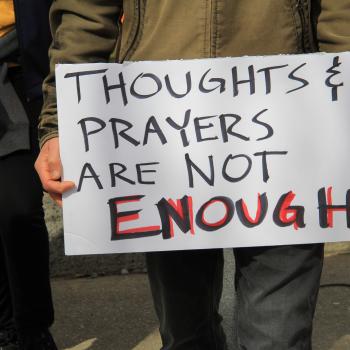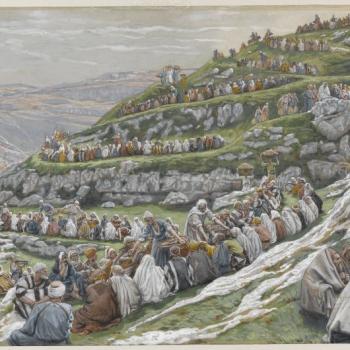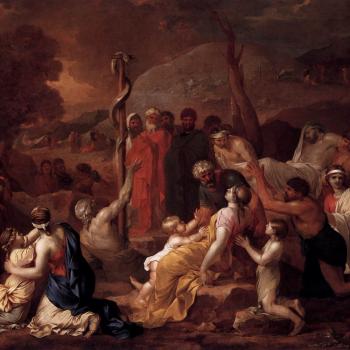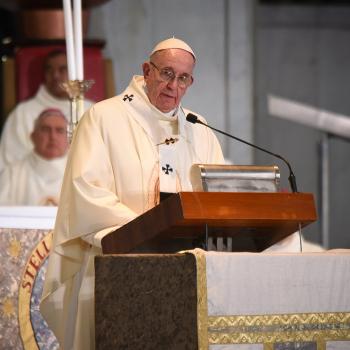Don’t spit on my food. That seems like a reasonable request, doesn’t it? Clearly, everyone will follow it, right? We don’t need government stepping in and telling cooks they can’t spit in people’s food, do we? People should be free. People should be able to live their lives without government interference. This seems like something everyone should agree with. No one wants people to spit in their food, and so people will not do it. Right? Of course, the answer... Read more
















